Summary and Key Insights
Executive orders are a powerful instrument that allows the president to act quickly, but their use is not without risks. "The impact these decisions can have on citizens' daily lives is significant," and Trump's ability to enact lasting changes will largely depend on his resilience against legal challenges and Congress’s capacity to counter his authority. Given the critical juncture of many issues—such as the pressing problem of illegal immigration, rising crime rates in states like California, and the drug crisis—strong and swift actions are warranted.
Definition: Executive orders are official directives from the president regarding how federal agencies should operate.
Impact: They carry the weight of law, enabling the president to act without Congressional backing.
What Are Executive Orders?
"Executive orders are official instructions from the president on how federal agencies, including government departments and the FBI, should utilize their resources." This authority is enshrined in Article II of the U.S. Constitution, which states: "The executive power shall be vested in a President of the United States of America." These documents empower the president to dictate the operational framework of the federal government, addressing everything from key policies to administrative matters.
Notable Examples:
On his first day in office, "Donald Trump signed over 100 executive orders," which included declaring a national emergency at the U.S.-Mexico border and withdrawing from the Paris Agreement. These decisions resonate throughout the political landscape, highlighting the extent of his power.
How Do Executive Orders Work?
"Executive orders can take various forms, from establishing major policies to granting time off for federal employees." The speed of their implementation depends on the nature of the issue and any resistance they may encounter.
For instance, "one of Trump’s latest orders pardoned all January 6 protesters," allowing for their immediate release if they were still detained. This illustrates how some decisions can be executed almost instantaneously.
However, "executive orders are not absolute and may face legal challenges." They can be contested by states, advocacy groups, and other entities if it is believed that the president has overstepped his legal authority. A landmark case involved President Harry Truman’s attempt to nationalize steel mills, which was blocked by the Supreme Court.
Follow Us on Social Media:
IG: @infonegociosmiami / Click Here: (https://www.instagram.com/infonegociosmiami?utm_source=ig_web_button_share_sheet&igsh=ZDNlZDc0MzIxNw==)
Reactions to Trump’s New Orders
Civil rights and fiscal groups have expressed their intention to pursue legal action in response to some of his more controversial decisions, such as "the establishment of his new Department of Government Efficiency (DOGE) led by Elon Musk."
Another contentious order seeks to revoke citizenship rights for the children of undocumented immigrants, based on a questionable interpretation of the 14th Amendment of the Constitution.
Frequently Asked Questions (FAQs)
What are executive orders?
They are official instructions from the president indicating how federal agencies should operate.
Can executive orders be challenged?
Yes, they can be contested in court if it is deemed that the president has exceeded his authority.
-
Subscribe for free to receive the most strategic, agile, and valuable insights at: https://infonegocios.miami/suscribite-al-newsletter
Infonegocios NETWORK: 4.5 million Anglo-Latinos united by a passion for business.
-
Contact Infonegocios MIAMI:[email protected]
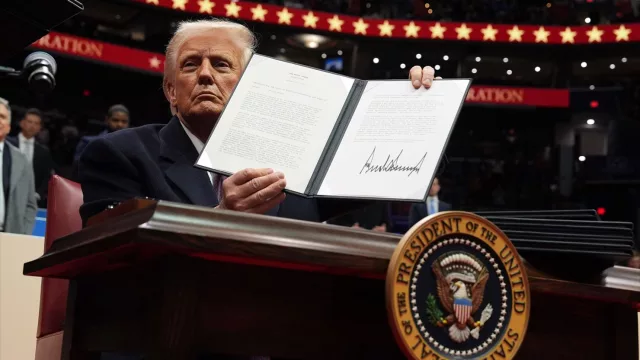
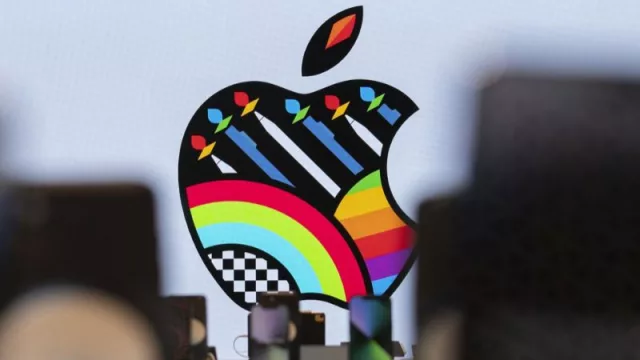
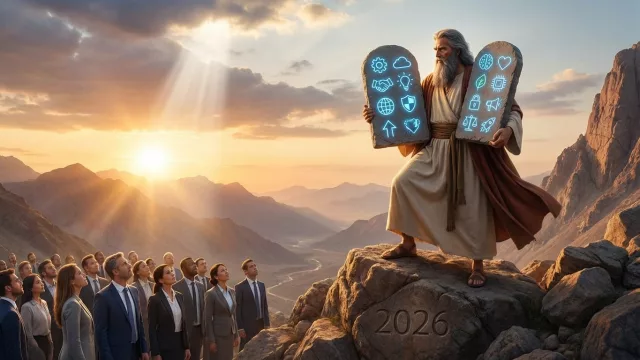

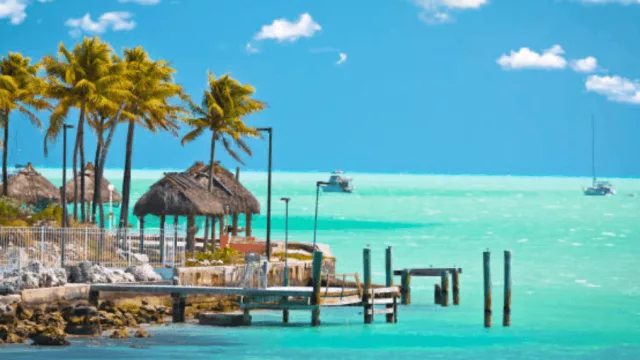
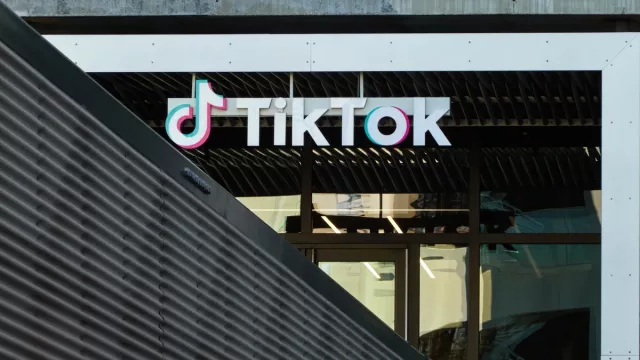
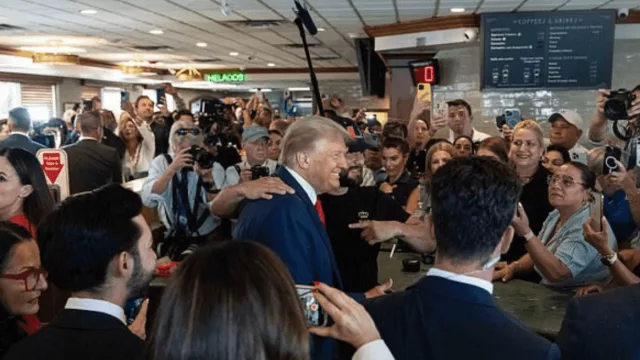
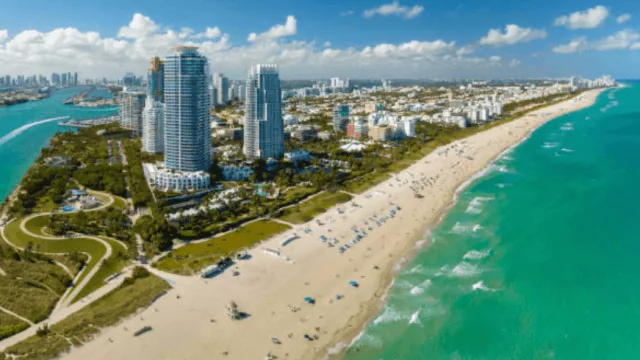


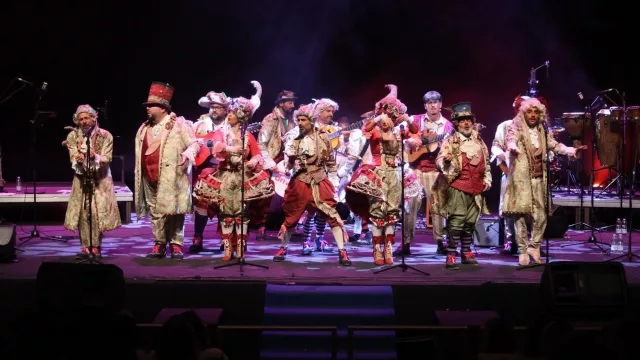

Tu opinión enriquece este artículo: